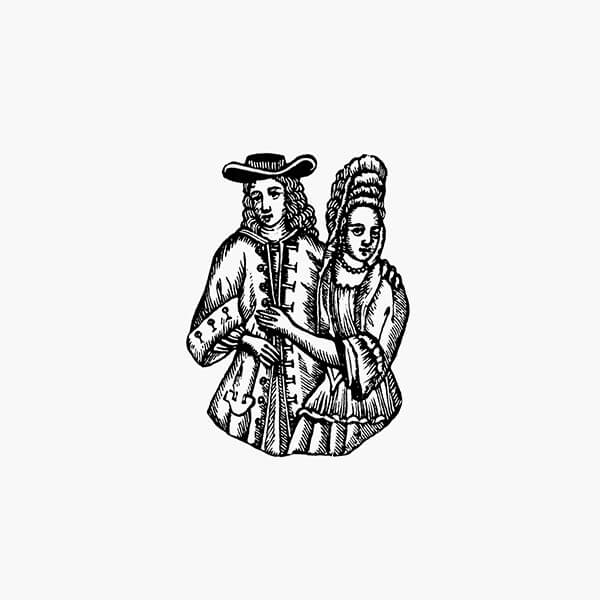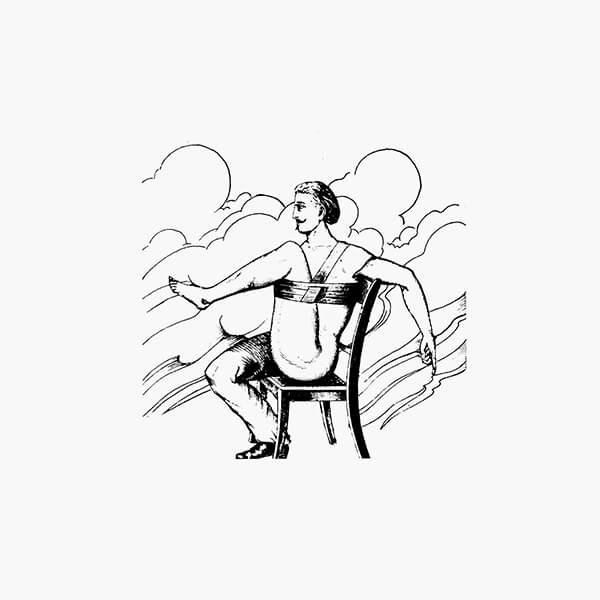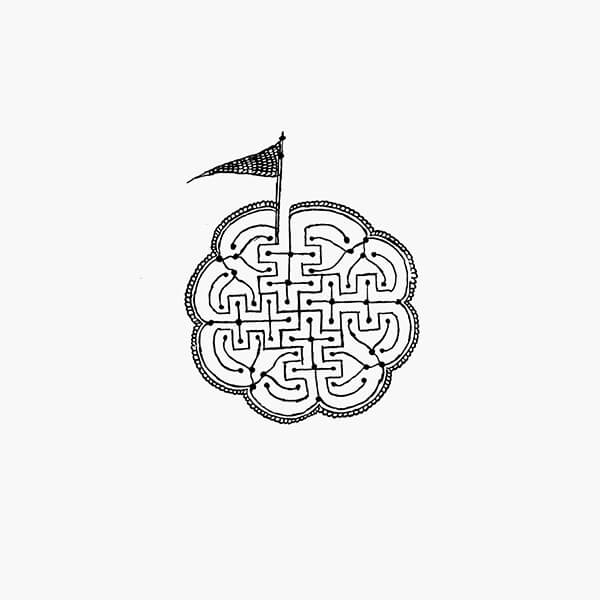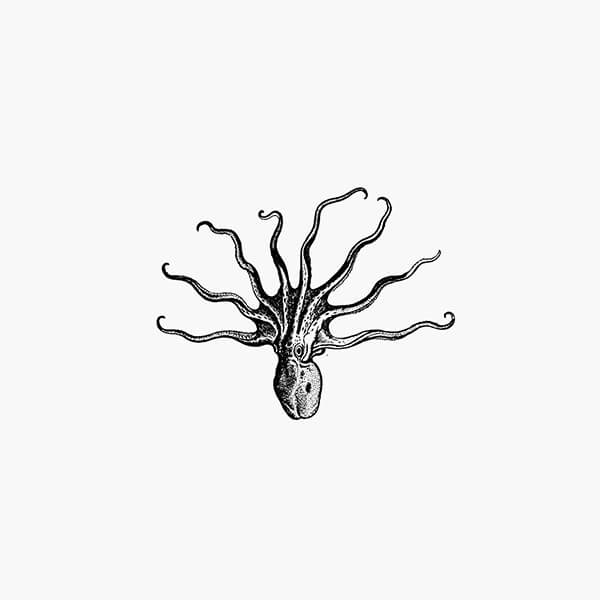



























Blue Library
9856 Sarrasine
Honoré de Balzac. Introduction by Giovanni Mariotti
1977 / 72 PAGES.
Language: Italian
In Rome, a young French sculptor named Sarrasine falls violently in love with the singer Zambinella, unaware that women are replaced by castrati in the theatres of the Papal State. Such is the topic of this novella by Balzac.
The errors of desire, transsexuality (which language, with its two genders, can only address obliquely), the agonising obscurity of the objects that ignite it, the connection between the brilliance of gold, the prestige of the fine arts… all the products of a perfected society on one hand and, on the other, the inaugural act of denaturalisation represented by castration. Balzac's novel – which also provided Roland Barthes with the opportunity for an analytical essay – encapsulates all these complex, disturbing, visionary themes.